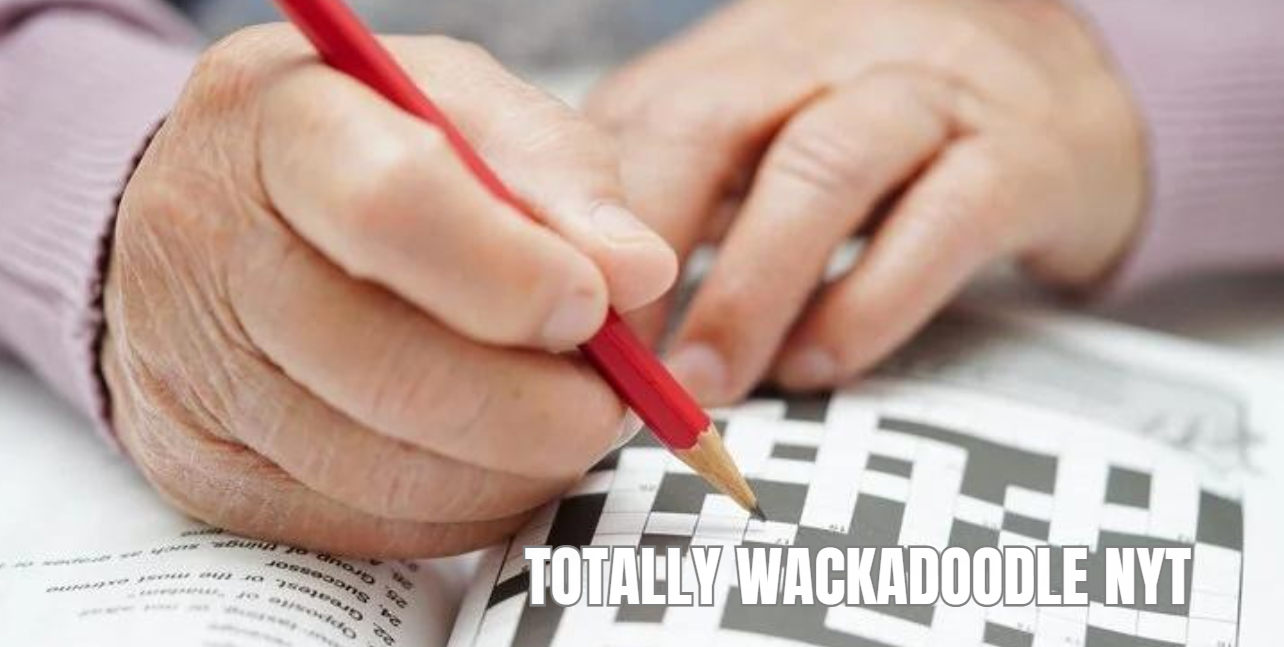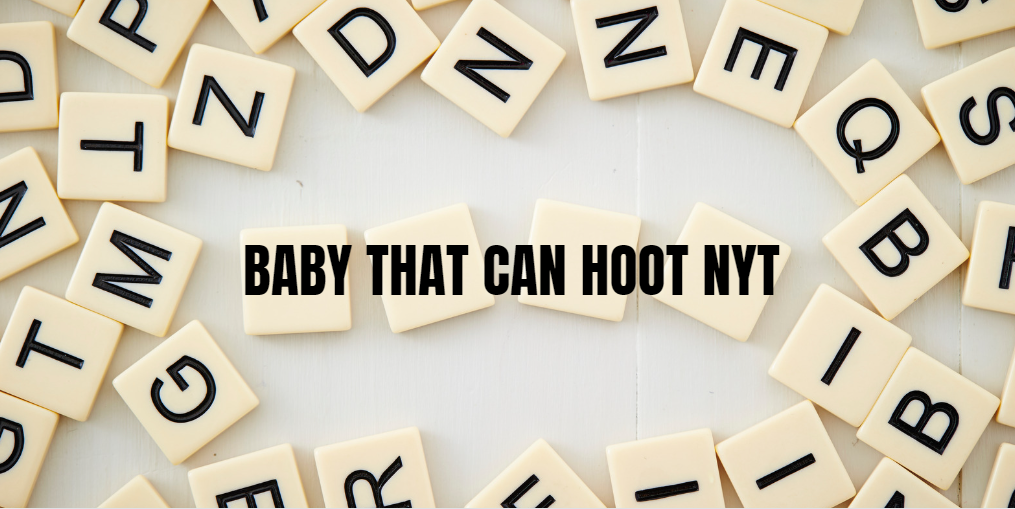Contents
Introduction: Totally Wackadoodle NYT
In the world of crossword puzzles, clues that challenge and entertain often become memorable. One such clue that has sparked interest and curiosity is “Totally wackadoodle”, which appeared in the New York Times Mini puzzle. This article provides a thorough exploration of this intriguing clue, analyzing its origins, significance, and impact on crossword enthusiasts.
We will delve into the crossword puzzle culture, examine the clue’s context, and offer insights and interpretations to enhance understanding and appreciation of this seemingly whimsical phrase.
Understanding the Clue: “Totally Wackadoodle”
What Does “Totally Wackadoodle” Mean?
The term “wackadoodle” is a colloquial and playful expression used to describe something or someone that is eccentric, bizarre, or nonsensical. Adding “totally” intensifies the sentiment, implying that the subject in question is completely or thoroughly eccentric or outlandish.
The Role of Clues in Crossword Puzzles
In crossword puzzles, clues serve as hints to help solvers identify the correct words to fit into the grid. A clue like “Totally wackadoodle” would typically point to a word or phrase that encapsulates the concept of complete absurdity or craziness. This clue challenges solvers to think creatively and make connections between the clue and potential answers.
Analyzing the New York Times Mini Puzzle
The New York Times Mini Puzzle
The New York Times Mini puzzle is a daily crossword puzzle known for its brevity and accessibility. Despite its smaller size, it maintains the same level of quality and intellectual challenge as the larger puzzles in the NYT crossword series. The Mini puzzle is a popular choice for both casual solvers and dedicated crossword enthusiasts.
Context of the “Totally Wackadoodle” Clue
The clue “Totally wackadoodle” appeared in one of the NYT Mini puzzles, drawing attention from solvers who are accustomed to the puzzle’s diverse range of clues. The challenge here lies in deciphering a clue that uses a playful, non-standard phrase to lead to a specific answer. This type of clue exemplifies the NYT’s approach to blending humor with linguistic skill.
Interpreting the Clue
Possible Answers and Their Meanings
To solve the clue “Totally wackadoodle,” solvers must consider various synonyms and phrases that align with the concept of complete absurdity. Here are some possible answers and their meanings:
- “Loony”: A common term for someone who is eccentric or crazy. It fits well with the idea of being “totally wackadoodle.”
- “Nuts”: An informal term denoting madness or irrationality, which could be used in a similar context.
- “Bonkers”: Another colloquial term for being completely crazy or irrational, capturing the essence of “wackadoodle.”
Analyzing Clue Construction
Crossword clues often employ wordplay, double meanings, and cultural references. The clue “Totally wackadoodle” uses informal language and a humorous tone, which is a hallmark of many NYT clues. The construction of this clue is designed to evoke a sense of fun and challenge, encouraging solvers to think outside the box.
The Impact of Crosswords on Language and Culture
Language Evolution Through Crosswords
Crossword puzzles play a significant role in shaping and reflecting language trends. Clues like “Totally wackadoodle” showcase the evolving nature of language and how informal expressions become part of popular culture. Crossword puzzles often introduce solvers to new words and phrases, influencing how they are used and understood.
Cultural References and Their Significance
Crossword puzzles frequently incorporate cultural references, adding layers of meaning to clues. The term “wackadoodle” itself reflects a cultural understanding of eccentricity and humor. By including such terms in puzzles, crossword constructors engage solvers with contemporary and relatable content.
Exploring the Crossword Community
The Appeal of Crossword Puzzles
Crossword puzzles are beloved for their intellectual stimulation and entertainment value. They offer a unique blend of problem-solving, wordplay, and cultural knowledge. Puzzles like the NYT Mini provide a quick yet satisfying mental workout, making them accessible to a wide audience.
Community and Collaboration
The crossword community is diverse and engaged, with solvers sharing tips, strategies, and insights. Online forums, social media groups, and crossword clubs offer spaces for enthusiasts to discuss puzzles, including challenging clues like “Totally wackadoodle.” This sense of community fosters a deeper appreciation for the craft of crossword construction and solving.
FAQs
1. What is the New York Times Mini puzzle?
The New York Times Mini puzzle is a daily crossword puzzle featured in the New York Times that is smaller in size but maintains the same level of quality and challenge as the larger puzzles.
2. How can I solve the clue “Totally wackadoodle”?
To solve the clue “Totally wackadoodle,” consider synonyms and phrases that convey the meaning of complete absurdity or craziness. Words like “loony,” “nuts,” and “bonkers” are potential answers.
3. Why do crossword puzzles use informal terms like “wackadoodle”?
Crossword puzzles often incorporate informal and playful terms to add humor and challenge. These terms reflect contemporary language and cultural references, making the puzzles engaging and relatable.
4. How does solving crosswords benefit language skills?
Solving crosswords enhances vocabulary, improves spelling, and fosters a deeper understanding of language nuances. It also encourages creative thinking and problem-solving skills.
5. Where can I find more challenging crossword puzzles?
In addition to the New York Times Mini puzzle, you can explore other crossword puzzles through various publications, online platforms, and puzzle books. Many websites offer a range of difficulty levels and puzzle types.
Conclusion
The clue “Totally wackadoodle” in the New York Times Mini puzzle exemplifies the playful and challenging nature of crossword puzzles. By exploring its meaning, construction, and impact, we gain a deeper appreciation for the artistry of crossword clues and the cultural significance they hold.
Whether you’re a seasoned solver or new to the world of crosswords, understanding clues like “Totally wackadoodle” enriches the experience and highlights the joy of linguistic exploration.




